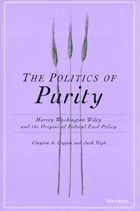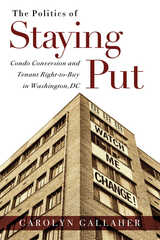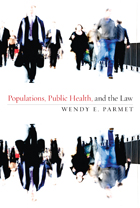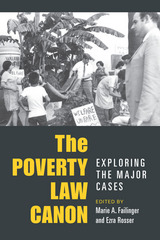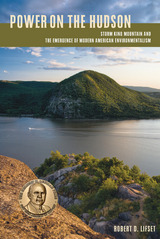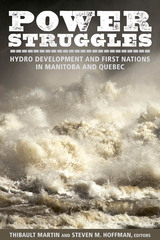Becoming an Expert Caregiver: How Structural Flaws Shape Autism Carework and Community
Rutgers University Press, 2025
Cloth: 978-1-9788-3191-9 | Paper: 978-1-9788-3190-2 | eISBN: 978-1-9788-3192-6
See other books on: Becoming | Community | Mental Health | Psychopathology | Social Work
See other titles from Rutgers University Press
Cloth: 978-1-9788-3191-9 | Paper: 978-1-9788-3190-2 | eISBN: 978-1-9788-3192-6
ABOUT THIS BOOK | AUTHOR BIOGRAPHY | TOC
ABOUT THIS BOOK
“The hardest thing is dealing with the rest of the world. And we kind of accommodate our lives around that. But the rest of the world doesn’t.” These poignant words were spoken by Charlotte, a mother and primary caregiver of a five-year-old autistic boy, and her words reference the structural arrangements of our world that shape autism carework today. This book features the voices of 50 primary caregivers of autistic and neurodivergent children who illuminate the process through which lay women become expert caregivers to provide the best care for their children. Expert caregiving captures an intensification of traditional family carework – meeting dependents’ financial, emotional, and physical needs – that transcends the walls of one’s private home and family and challenges the strict boundaries between many worlds: lay and professional, family and work, private and public, medical and social, and individual and society. The process of becoming an expert caregiver spotlights several interesting paradoxes in sociological literature, particularly regarding gender, family, and medicalization, and often forgotten structural flaws in “the rest of the world.”
Throughout the chapters in this book, the expert caregiver is one person who faces unbelievably daunting tasks of filling or reforming persistent institutional gaps, primarily in education and healthcare, and subverting ableist cultural norms. Without institutional support, answers to their questions, or pragmatic avenues to access resources, lay caregivers become the experts. Their trials and tribulations, especially when navigating the boundaries of professional/lay and private/public worlds, illuminate a type of carework that is increasingly relevant to a growing number of young families caring for neurodivergent, disabled, medically fragile, and/or chronically ill children. These stories offer a vivid picture of the often invisible complex challenges and structural forces that drive individuals to become expert caregivers in the first place.
Throughout the chapters in this book, the expert caregiver is one person who faces unbelievably daunting tasks of filling or reforming persistent institutional gaps, primarily in education and healthcare, and subverting ableist cultural norms. Without institutional support, answers to their questions, or pragmatic avenues to access resources, lay caregivers become the experts. Their trials and tribulations, especially when navigating the boundaries of professional/lay and private/public worlds, illuminate a type of carework that is increasingly relevant to a growing number of young families caring for neurodivergent, disabled, medically fragile, and/or chronically ill children. These stories offer a vivid picture of the often invisible complex challenges and structural forces that drive individuals to become expert caregivers in the first place.
See other books on: Becoming | Community | Mental Health | Psychopathology | Social Work
See other titles from Rutgers University Press


